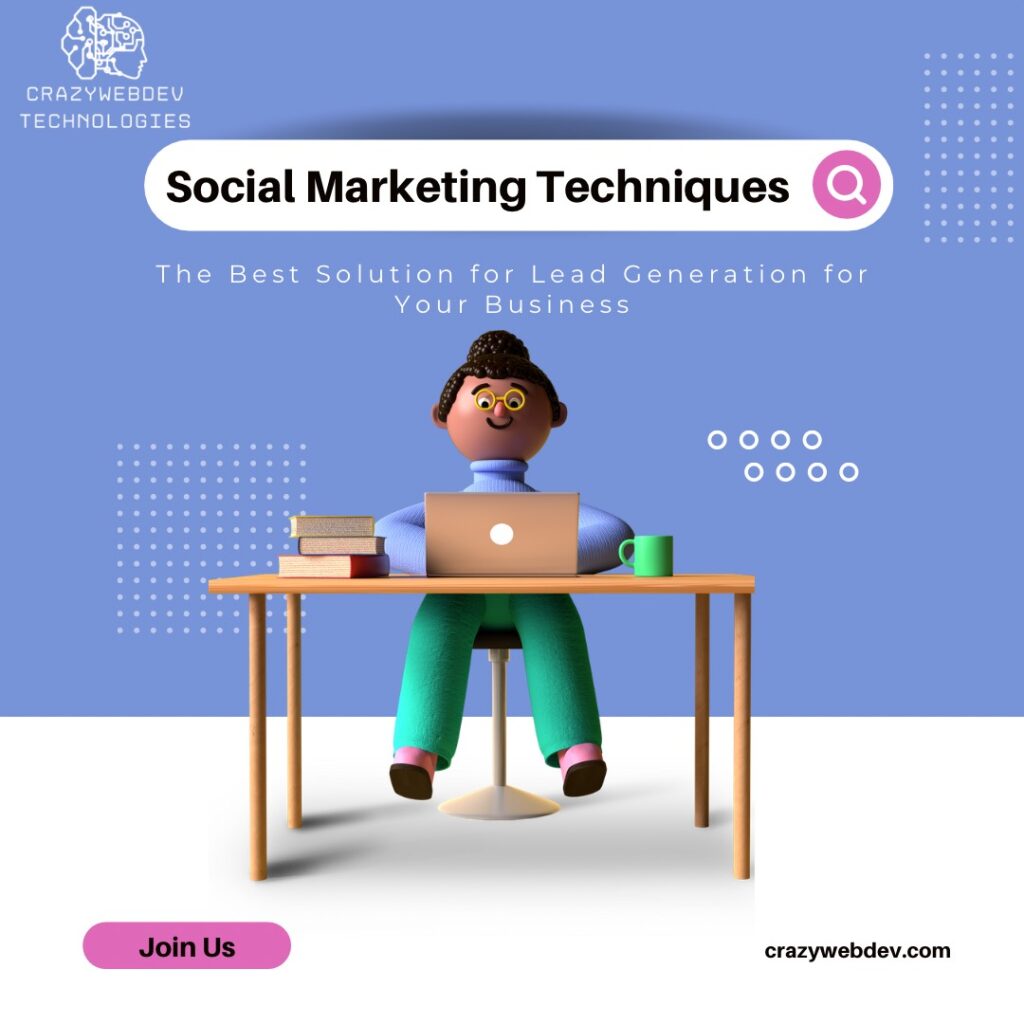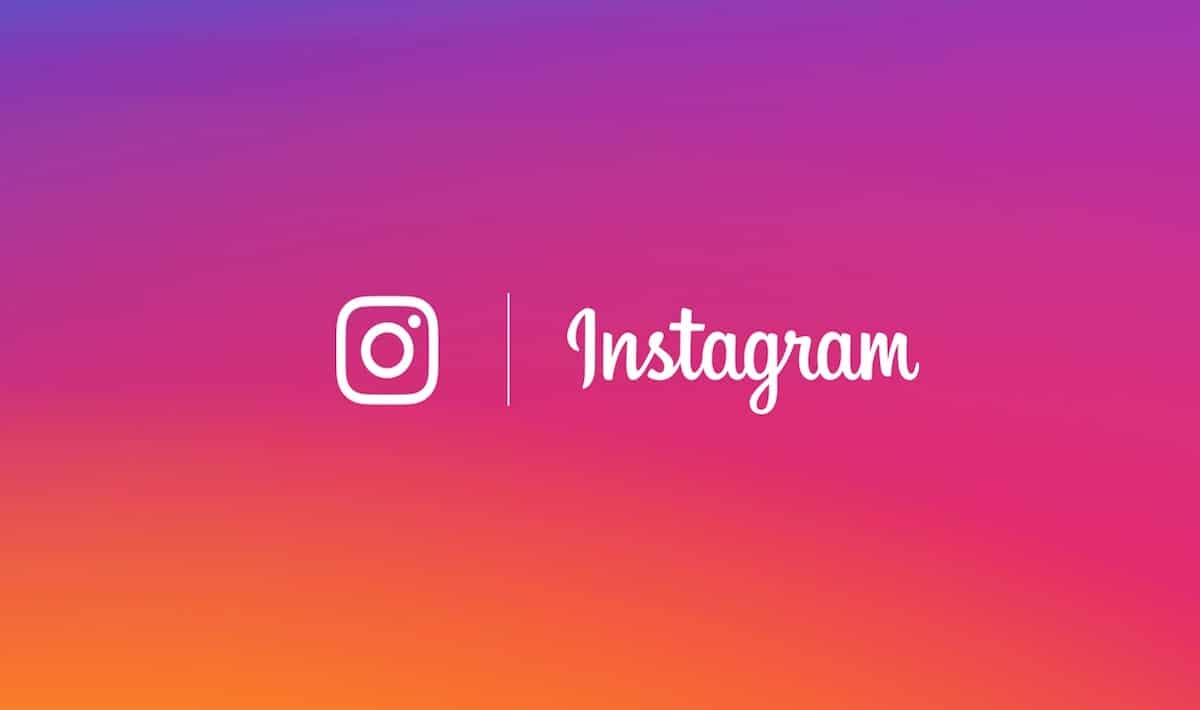Lead generation is the process of attracting and identifying potential customers who have shown interest in a company’s products or services. These potential customers are often referred to as “leads.” The goal of lead generation is to create a pool of potential customers who are interested in what a company has to offer. Then nurture these leads through the sales funnel until they become paying customers.
There are various strategies that can be used for lead generation, such as content marketing, social media advertising, email marketing, search engine optimization, and more. The specific approach used by a company will depend on its target audience, industry, and marketing objectives. Ultimately, the success of lead generation efforts is measured by the number and quality of leads that are generated, and the extent to which these leads convert into paying customers.
There are various strategies that businesses can use for lead generation. Here are some common ones:
1. Content marketing:
Creating and sharing valuable content, such as blog posts, e-books, webinars, and videos, that educates and informs your target audience.
2. Social media marketing:
Using social media platforms, such as LinkedIn, Facebook, Twitter, and Instagram, to engage with your target audience, build brand awareness, and promote your products or services.
3. Email marketing:
Sending targeted emails to potential customers who have opted in to receive them. These emails can include promotional offers, product updates, or educational content.
4. Search engine optimization (SEO):
Optimizing your website and content for search engines so that potential customers can easily find you when they search for relevant keywords.
5. Pay-per-click (PPC) advertising:
Running targeted ads on search engines and social media platforms lead potential customers to a landing page where they can learn more about your products or services.
6. Webinars and events:
Hosting online or in-person events where potential customers can learn more about your products or services, and interact with your brand.
7. Referral marketing:
Encouraging existing customers to refer their friends and family to your business, often through incentives like discounts or referral bonuses.
These are just a few of the many strategies that businesses can use for lead generation. The specific approach that is most effective for your business will depend on your target audience, industry, and marketing objectives.
Social Media & Lead Generation in 2023
In 2023, social media is still a powerful tool for lead generation. Here are some strategies that you can use to generate leads on social media:
1. Create high-quality content:
Your content should be relevant, informative, and engaging. It should be tailored to your target audience and highlight your brand’s value proposition.
2. Optimize your social media profiles:
Make sure your social media profiles are complete and up-to-date. Include a clear description of your business, links to your website, and contact information.
3. Leverage social media advertising:
Social media advertising can be a highly effective way to generate leads. Use targeting options to reach your ideal audience, and create compelling ad copy and visuals.
4. Engage with your audience:
Respond to comments and messages in a timely and helpful manner. Engage with your audience by asking questions, running polls, and encouraging user-generated content.
5. Use social media listening tools:
Monitor social media conversations for mentions of your brand, products, or services. Use this information to identify potential leads and engage with them.
6. Host social media contests:
Host contests and giveaways on social media to incentivize engagement and capture leads.
7. Collaborate with influencers:
Partner with influencers in your industry to reach a wider audience and generate leads.
Influencer Marketing for Lead Generation
Influencer marketing is a marketing strategy that involves partnering with individuals who have a large following on social media, known as “influencers.” They promote a brand’s products or services to their audience. These influencers are typically experts or authorities in their niche or industry, and their followers trust and value their opinions and recommendations.
Influencer marketing has become increasingly popular in recent years, particularly on social media platforms like Instagram, YouTube, and TikTok. By partnering with influencers who have a large and engaged following, brands can reach a wider audience and generate leads and sales more effectively.
Influencer marketing can be an effective strategy for lead generation. Here are some ways that businesses can use influencer marketing to generate leads:
1. Identify relevant influencers:
Find influencers who have a large following in your industry or niche, and who have an audience that aligns with your target customer profile.
2. Collaborate with influencers:
Work with influencers to create content that promotes your products or services, such as sponsored posts or videos.
3. Offer exclusive discounts:
Provide influencers with unique discount codes to share with their followers, which can incentivize potential customers to make a purchase.
4. Host a giveaway:
Partner with influencers to run a giveaway campaign on social media, where followers can enter to win a prize by following your brand and sharing the post.
By implementing these strategies, you can use social media to generate leads and grow your business in 2023. To make optimum utilization of your social media for lead generation, contact CrazyWebDev Technologies!


